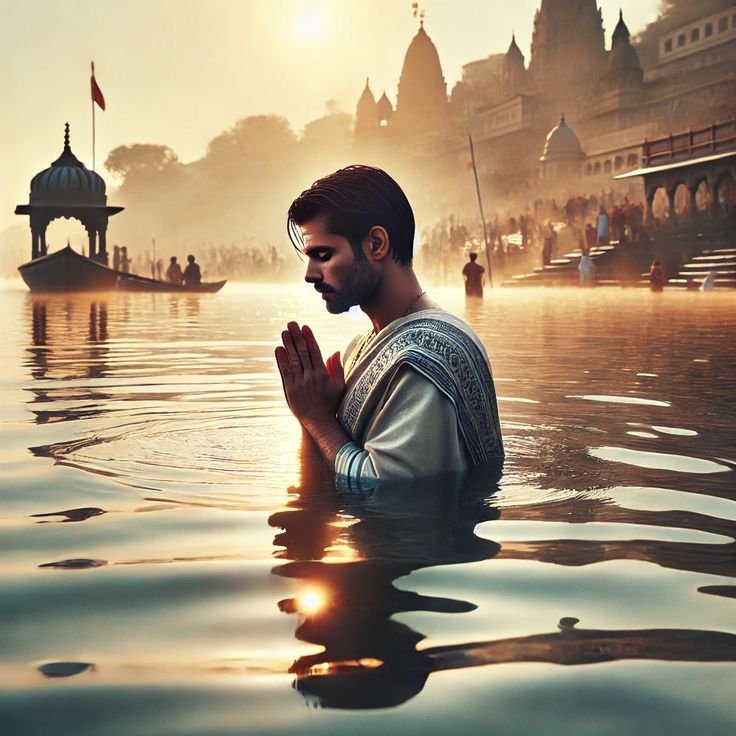
1. The Foundations of Indian Mythology
The Concept of Avatars: Exploring Vishnu’s ten avatars (Dashavatara) and the idea of divine intervention.
Ancient Texts: The Vedas, Upanishads, Ramayana, Mahabharata, and the Puranas as pillars of Indian mythology.
Pantheon of Deities: Overview of major gods (Brahma, Vishnu, Shiva, Saraswati, Lakshmi, Durga, and others) and how they symbolize natural forces, virtues, and cosmic functions.
2. The Concept of Dharma and Its Influence on Worship
Role of Dharma in Rituals: How concepts of duty and morality influence daily practices and the dedication to deities.
Dharma as the Guiding Principle: The importance of duty, righteousness, and morality in Indian mythology.
3. Pooja: The Core of Devotional Practice
Elaborate Rituals: Yagnas, havans, and specific temple ceremonies.
Definition and Meaning of Pooja: The purpose and significance of pooja in Hindu culture.
Types of Pooja:
Daily Pooja: The simple acts of devotion performed daily.
Special Occasion Pooja: Festivals like Diwali, Navratri, and Holi.
